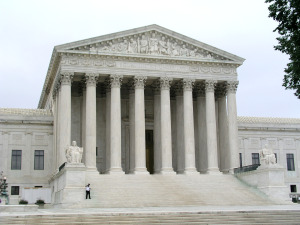By: Michael Klotz
Today, in Douglas C. Dunlap v. Texas Guaranteed, the Fourth Circuit reaffirmed that a plaintiff has the burden of establishing that fraud by a defendant could not have been discovered through a reasonable investigation, providing an exception to the standard statute of limitations. Under Va. Code Ann. § 8.01-243(A), a two year statute of limitations begins to run from the date that a fraud is discovered by the plaintiff or when it could have been discovered “by the exercise of due diligence.” Unless a plaintiff can establish that the fraudulent conduct could not have been discovered within the previous two years, any lawsuit on this grounds is barred.
What does the “exercise of due diligence” mean?
The standard of “due diligence” is such “prudence, activity, or assiduity” as a “reasonable and prudent man” would exercise under the “relative facts of the special case.” In Dunlap, the court affirmed the district court’s dismissal of the case on the grounds that it was barred by the statute of limitations. The plaintiff did not present sufficient evidence that the exercise of due diligence would not have revealed the fraud. Thus, Dunlap demonstrates that in order to overcome the statute of limitations through the undiscovered fraud exception, the burden is on a plaintiff to demonstrate that he did not have a reasonable opportunity to discover the underlying conduct.

